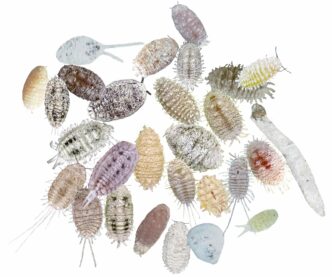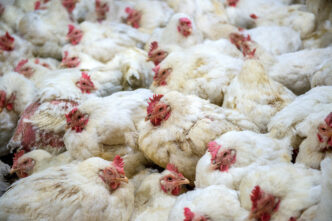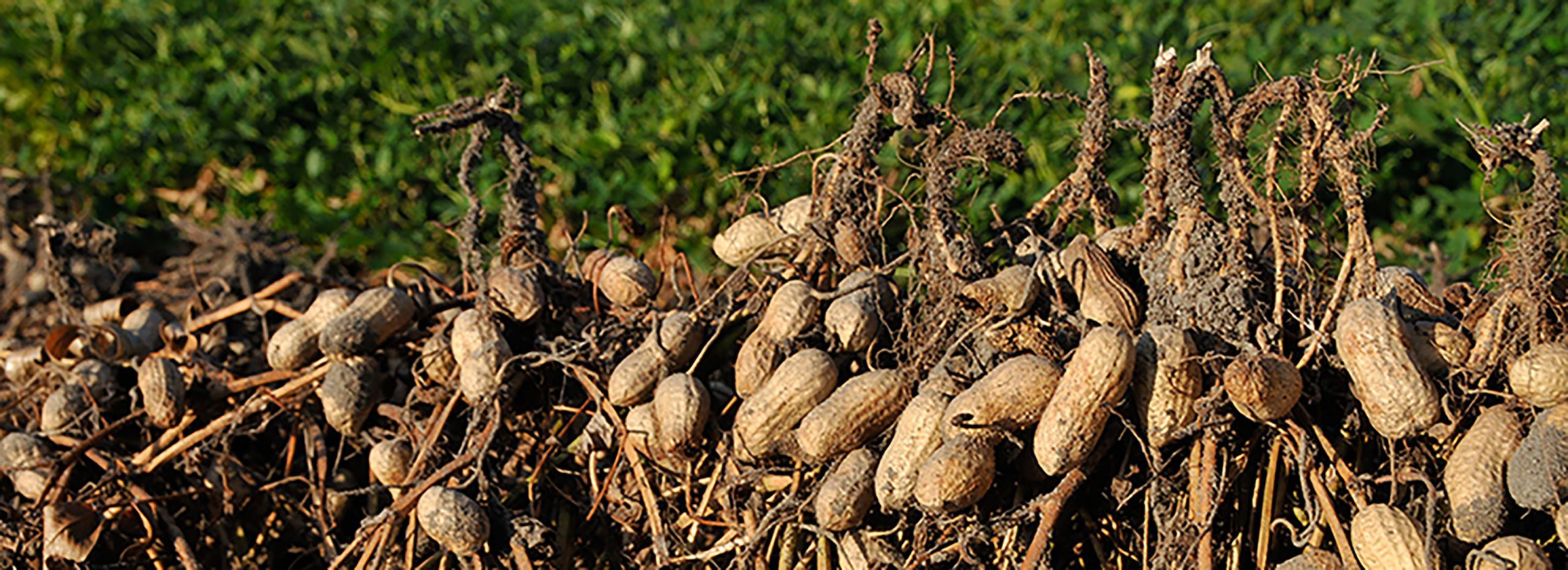Ever thought what it would be like to be a beekeeper? Or are you a beekeeper hobbyist looking for some added training?
The Clemson Apiculture and Pollinator Program is offering a hybrid training course called Basics of Beekeeping, a training for new and aspiring beekeepers.
Ben Powell, Clemson Apiculture and Pollinator Program coordinator, will present six live lectures online twice a week as well as hold in-person field days to allow participants to get hands-on training in a bee yard.
“It really is a thorough course to get somebody started in beekeeping,” Powell said. “We encourage folks, especially with the new challenges that we’re facing related to pests and diseases, to take the course. Last winter, we had one of the most significant honeybee colony losses reports ever reported. Nationwide, I think the colony loss rates were about 62%. This course is updated every year to make sure we’re presenting the latest information on these pests and diseases and the technologies and equipment for managing them.”

The lectures will be held on Tuesdays and Thursdays from 6-8 p.m. from Aug. 26 through Sept. 10. There will be three field days held in different parts of the state – Clemson, Florence and Charleston – to make it convenient for participants to attend.
Registration for the training is $80 and closes Aug. 22. It is open to anyone interested in beekeeping. Participants will receive the presentation notes, the training text (“Storey’s Guide to Keeping Bees,” 2nd Edition) training materials, lunch and refreshments at the field day and other giveaways.
Online lecture topics are:
- Honeybee Biology – Aug. 26
- Beekeeping Equipment – Aug. 28
- Hive Management – Sept. 2
- Pests and Diseases – Sept. 4
- Honey and Other Hive Products – Sept. 9
- Review: The Beekeeper’s Year – Sept. 10
Field days are:
- Clemson – Aug. 30
- Florence – Sept. 6
- Charleston – Sept. 30
Field day activities include assembling bee hives, installing bees, assessing colony health, controlling pests, managing for honey, and splitting and moving hives.

“We’ll take them out to the bee yard and I’ll talk about how to set up an apiary,” Powell said. “We’ll talk about how to handle and open beehives to keep the bees calm and from becoming defensive. We show how to assess the health of the beehive, the different kinds of bees, the different kinds of combs, the food and brood they place on the comb, and identifying and managing pests.”
Beekeepers are encouraged to bring their own beekeeping gear. Jackets, gloves, veils and smokers will be provided if needed.
“This is the best way for a beekeeper to get started keeping bees in South Carolina,” Powell said.
For more information, contact Powell at bpowel2@clemson.edu or 843-503-2511.








